Theories of Ageing:
Ageing is a progressive deterioration in the structure and functions of cells, tissues, organs and organ systems with age. Several theories have been put forward to explain the process of ageing.
Environmental Theory- The theory states that ageing is due to undesirable changes in the environment. This brings metabolic changes in the individual which finally lead to old age and death. For example- if animals of cold climate are shifted to warm climate, they take much time to acclimatize there, some die because they cannot bear sudden changes in the environment.
Genetic Programme Theory- Agening is genetically programmed. Research in laboratory roundworms has shown that genes are involved in ageing. Mutation in some of these genes can lengthen the life 2-4 times.
Collagen Theory- It states that ageing is induced by changes in the collagen protein in the interstitial fluid surrounding the body cell.
Cross Linkage Theory- According to this theory ageing is caused by the increase of bonds between protein and nucleic acid molecules in the cell. These bonds alter the functional characteristics of these important cellular components leading to the nonavailability of certain functional proteins and resulting in the malfunctioning of the cell.
Stress Theory- It states that the cells and tissues of the body are always subjected to wear and tear processes due to changes in the extrinsic and intrinsic factors. These processes induce the symptoms of ageing in an individual who finally dies.
Clinker’s or Waste Product Theory- It states that ageing is due to the accumulation of metabolic wastes inside the body cells. These wastes, beyond some limits, poison the body cells and decline the metabolic rate and induce ageing.
Error Catastrophe Theory- Leslie Orgel suggested that errors in reading the genetic code result in the accumulation of errors in the sequence of amino acids in proteins. If these errors are incorporated in the enzymes required for protein synthesis, it will result in further mistakes in the synthesis of structural proteins leading to cell senescence or cell death. Holiday and others have provided evidence in favour of this theory. They were successful in shortening the life span of adult fruit flies by feeding their larvae on certain amino acid analogues like methionine and fluorophenylalanine. These amino acid analogues substitute methionine and phenylalanine in the protein and interfere with the functions of proteins. Holiday also succeeded in detecting abnormal forms of enzymes in ageing fibroblasts. However, certain scientists believe that the errors are not the results of blind chance but are programmed by the ageing genes of the organism.
Free Radicals Theory- They are radicals which carry unpaired extra electron over their surface. They are produced inside mitochondria during the synthesis of ATP. The radicals can damage all types of substances- proteins, lipids, nucleic acids and most of the compounds they encounter. It is believed that free radicals mostly bring harmful changes in mitochondrial DNA resulting in their inefficient working and hence age-related effects. Vitamins C, E and β-carotene are protective.
Central Nervous System and Ageing- CNS means brain and spinal cord along with a network of cranial nerves and spinal nerves. CNS controls various functions of the body. The brain also controls the functioning of endocrine glands. Ageing is due to loss of grip of the brain over endocrine glands. They then do not produce hormones in the desired amount. It has been noticed that during ageing the synthesis of sex hormones decreases. If they are injected by artificial means, the ageing is delayed. If a functionless ovary from the body of an old female frog is grafted in the body of a young frog it becomes functional here as the young frog has proper hormonal balance. Now, it is believed that the pituitary gland controls ageing. It produces certain hormones which trigger ageing. But we do not have any experimental proof of it.
Immunity Theory- This theory suggests a link between ageing and the disappearance of the thymus gland by late middle age in man. The thymus stimulates the proliferation of lymphocytes, increasing resistance to infection. The absence of this gland affects in two ways- First, it weakens the body’s natural defence against foreign germs. Secondly, it increases the number of abnormal cells formed in the body itself. This destroys the tissues.
Somatic Mutation Theory- Accumulation of harmful gene mutations causes ageing.
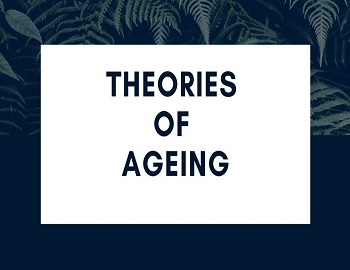


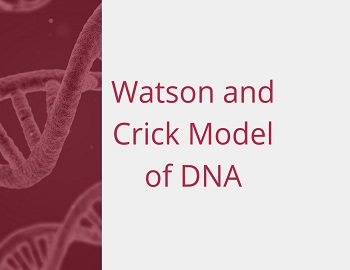
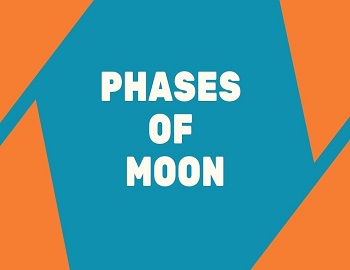

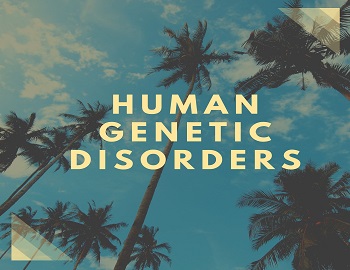

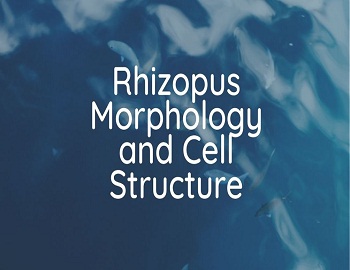
Comments (No)